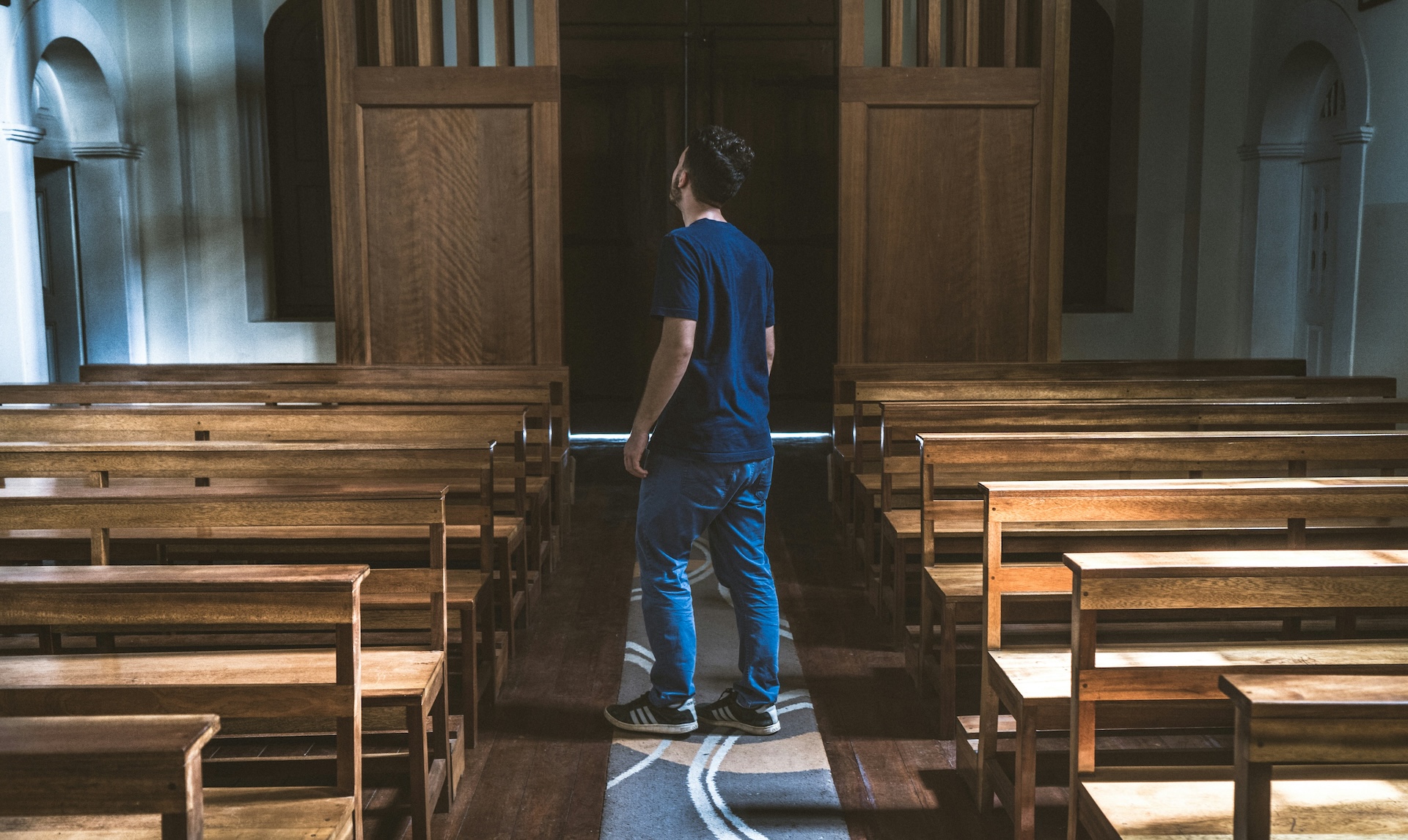Friendships fracture over footnotes. Fellowship dissolves over phrases. And suddenly, someone you shared communion with last month is now an “apostate” because they prefer a different Bible translation or dared to think that just maybe there is no such thing as a pre-tribulation rapture.
This is what covenant membership reflects. It is the visible, joyful, weighty declaration that we belong—to Christ, to one another, to the household of faith. It is a commitment not just to attend, but to invest. Not just to visit, but to build. Not just to exist, but to flourish as a people bound together by grace.
It’s always someone else’s fault. The timetable is to blame. The alarm clock conspired against you. Life’s circumstances teamed up to derail your spiritual growth. But let’s be honest—most of the time, it’s not external factors holding you back. It’s you.
Whether you’ve made a formal list of resolutions or not, as a Christian, you cannot faithfully enter into a new year without being resolved to be and to do certain things.
It was late, dark, and quiet—the kind of quiet that made up every night before. Nothing out of the ordinary. Just a regular night. I had prayed, locked the doors, and turned off the lights. The room was sealed like a tomb (as it always was), and I lay down, ready for the sweet mercy of sleep. But what came that night was something else entirely.
What am I being discipled for? To know who Jesus is? To understand how salvation works? To be useful in the church? To get married and raise a family? To learn how to parent my kids well? What is the ultimate goal of discipleship?
Take a deep breath. We’re going to talk about Hillsong, Bethel, and those other so-called “unholy hits” that many in the church today want to boycott with a level of fervor that might make John the Baptist blush.
For members, submission to their elders fosters spiritual growth by cultivating humility, teachability, and a willingness to be shaped by God’s Word.
The Word of God does not come to us as a fragmented collection of spiritual tidbits for our devotional moments. No, it is a roaring fire, burning with clarity and authority over all of life. From the smallest whispers to the great rumblings of the world, the Bible speaks to every facet of human existence – and it does so with sufficiency, authority, and finality.
At the Deacon Ordination Ceremony—a call for all Christians to embody and dramatize the extravagant mercies of Christ.












